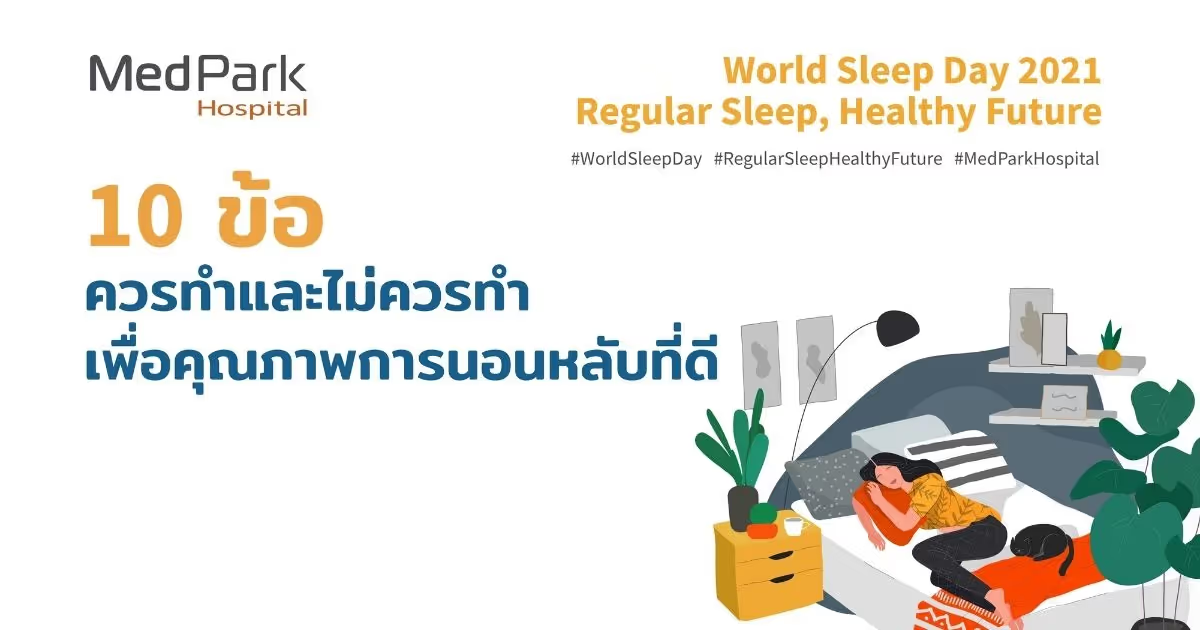Sleep is as vital for good health as diet. The best rest is quality sleep. You can improve your sleep quality when your body is well-rested.
5 things to do before bedtime
- Your bed is for sleep only. Avoid doing any other activities such as eating or using your smartphone. Once getting in bed, a sound sleep is what you should aim for.
- Set and stick to a sleep schedule. Follow a regular sleep-wake routine with 7-8 hours of sleep which is sufficient for adults. Once this becomes habitual, you will always wake up refreshed after a restful sleep.
- Arrange a soothing bedroom environment. The bedroom temperature should not be too warm or too cold. The atmosphere should be peaceful, free from disturbing lights, noises, or odors. Your mind and body can then relax and you can fall asleep faster.
- Drinking warm beverages such as warm water or milk before bedtime can promote relaxation. However, avoid drinking a large amount as you may need to wake up and urinate during the night.
- Using a restroom before bedtime can help you sleep through the night. Waking up at night can decrease your sleep efficiency. If it recurs and becomes a habit, you cannot get adequate nighttime rest.
5 things to avoid before bedtime
- Avoid caffeinated beverages before bedtime because this stimulant can lead to insomnia. Caffeine stimulates the central nervous system. You may have difficulty falling asleep or fall into deeper phases of sleep.
- Avoid alcohol. Many people think alcohol can reduce sleep onset latency because it yields sedative effects. However, large consumption of alcohol can lead to nighttime waking, nightmares, and restless nights.
- Avoid eating a big meal or foods that are hard to digest 4 hours before bedtime. The digestive system continues to work during sleep. Sleep can be disrupted by abdominal bloating and digestive problems.
- Avoid exercise. Exercise increases metabolism and releases hormones stimulating the nervous system. It can interfere with your sleep quality. You may feel alert during the night and become tired the next day.
- Avoid screen time on your smartphone or computer as it can affect your brain waves and make it harder for you to fall asleep. You will end up with a poor sleep.
However, all the factors mentioned may vary due to the age and physical condition of an individual. The brain function of everyone works differently.
Wondering if you're at risk for sleep apnea?
Dive into our test and find out!








